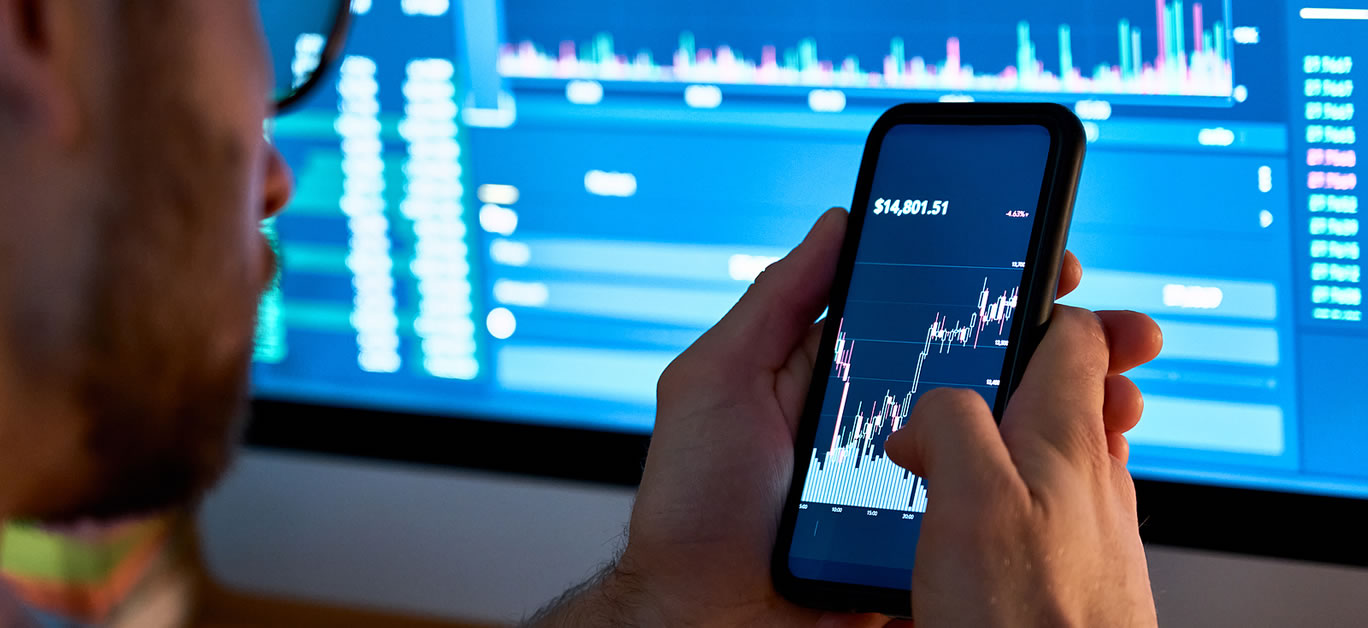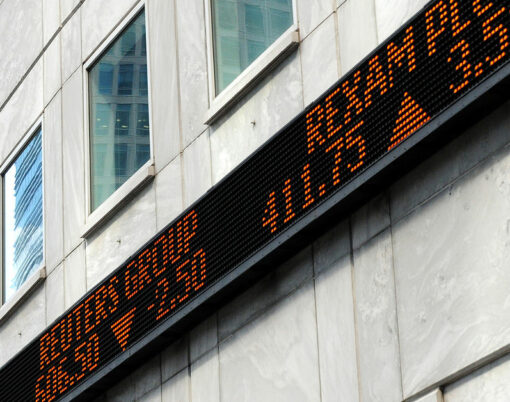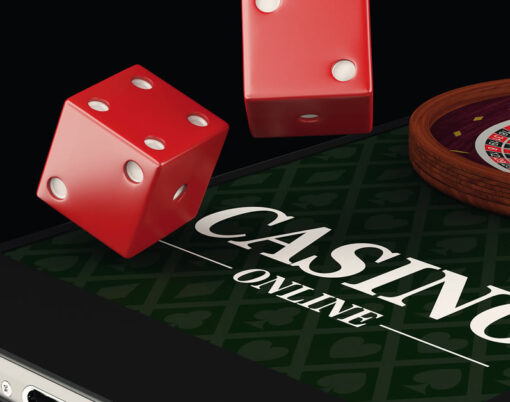You don’t need us, a publication focused on the finer things in life, to remind you that these are difficult times. Barely emerging from the impact of the global coronavirus pandemic, the markets have been hit by the unpredictability of the conflict between Russia and Ukraine in Eastern Europe – with the rest of the continent reliant on Russian gas and inflation rates at record highs, the tension applied to the wallets of the average consumer is palpable.
What the data says
Global crisis tends to send markets plummeting, but what does that mean for investors, and how do they plot a course through tricky conditions? Well, there are multiple approaches, from doubling down, to engaging in high-risk activities like spread betting, CFD trading or taking no action at all – let’s assess them, as well as what history tells us about market behaviour in the aftermath of historic incidents.
When the world is shaken, it is human instinct to react emotionally, and swiftly, to uncertainty and fear. In the immediate aftermath of disaster, markets tend to tumble dramatically as individuals offload rapidly offload assets in an act of perceived self-preservation. Often, the only thing driving the crash of certain markets is a frenzy of loss-averse investors dumping stock, rather than having anything to do with actual crisis incidents themselves.
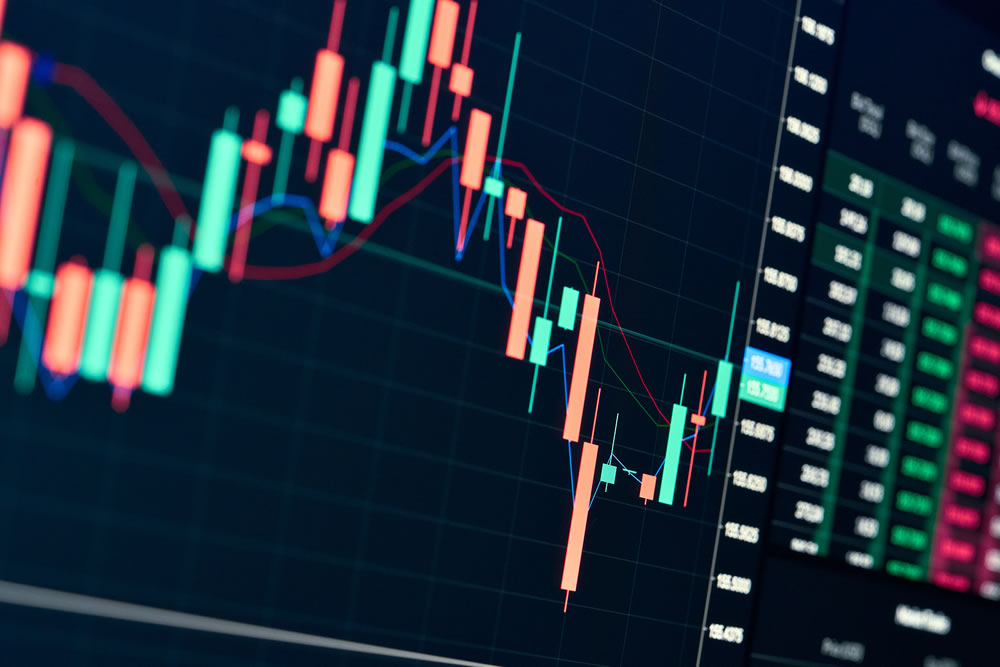
This school of thought is backed up by hard data, too. A study from the Ned Davis Research group took a deep dive into 28 high-profile global crises across a century, from World War II to the September 11 terrorist attack on the World Trade Centre in 2001 – analysing how large global indices like the Dow Jones responded – in the immediate aftermath, and then six months later.
Remarkably, in 19 of the 28 assessed cases, the Dow Jones was higher at six months after the crisis than beforehand. Meanwhile, specific markets which held a direct association with particular crises – for example airline stock in the aftermath of 9/11 – were also able to revert to the mean – with the ARCA Airline Index on the New York Stock Exchange recovering from a devastating fall of nearly half to sit just 2.3 per cent below its pre-disaster levels six months on.
So what does this tell us about the path to success for investors? Well, of course it depends on your situation, but one universal truth can be uttered with utmost confidence – if you’re dumping stocks during a fire sale, you’re in a race to the bottom with the rest of the market, and you’ll get a stinking price.
Cool heads prevail
While we are at pains to point out that we certainly do not consider global crisis to be a positive thing, there are ways for astute investors to strengthen their hand during times of volatility.
The most obvious strategy, as hinted above, is that investors could see plummeting stock prices amid a fear-fuelled sale frenzy as a tremendous opportunity to enhance their portfolio at a cut price. If you have fundamental trust in the stocks on offer, and you believe that the markets will recover as they have during other documented crises, you can boldly go in the opposite direction, and reap otherwise unobtainable rewards when stocks rebound.
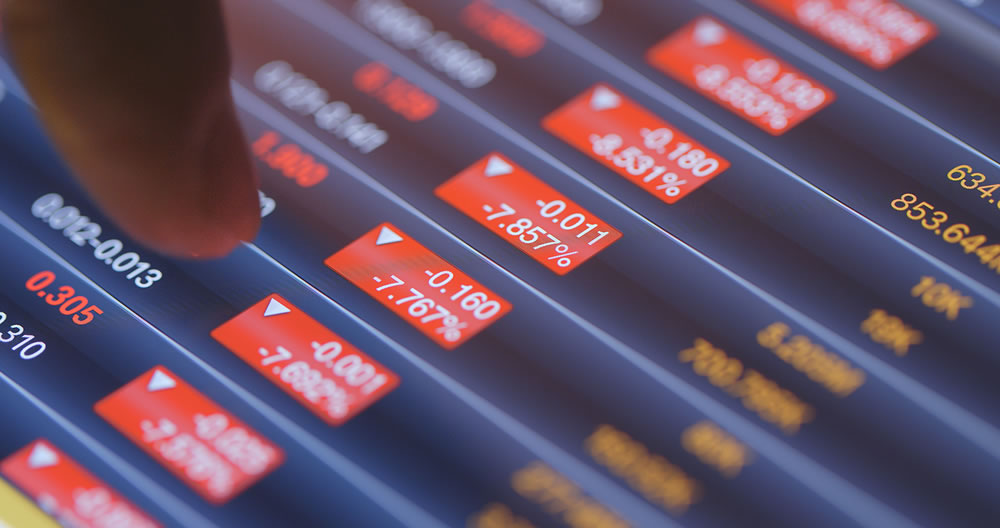
Hedging your bets
Of course, buying more when stocks are plummeting is a risk not worth taking for many traders, particularly those with modest budgets, as it can be very difficult to accurately predict the true bottom of a crashing market with skin in the game. There are, however, lower risk alternatives for those brave enough to engage during times of economic uncertainty.
Spread betting is one such option – and a great one for those whose investment capital is smaller in volume. Rather than buying up or selling quantities of stock, spread betting traders operate in the world of derivatives – taking a position on how specific markets will function, rather than owning any of the parts themselves.
For example, in the immediate aftermath of a crisis, history tells us that markets indiscriminately take a tumble as a result of loss-averse trading habits. As such, a spread bettor might engage to place a bet on the Dow Jones dropping by a number of points. Should that bet come in, a spread bettor is rewarded. Conversely, they may wish to take a position – in the days or weeks following a crisis – that the market will recover. If it performs as expected, then the bet is rewarded with profit. Traders also benefit, in a way that traditional stock holders do not, from being able to set pre-meditated loss limits on accounts, as well as automated entry and exit points.
Disclaimer: Investing money carries risk, do so at your own risk and we advise people to never invest more money than they can afford to lose and to seek professional advice before doing so.












